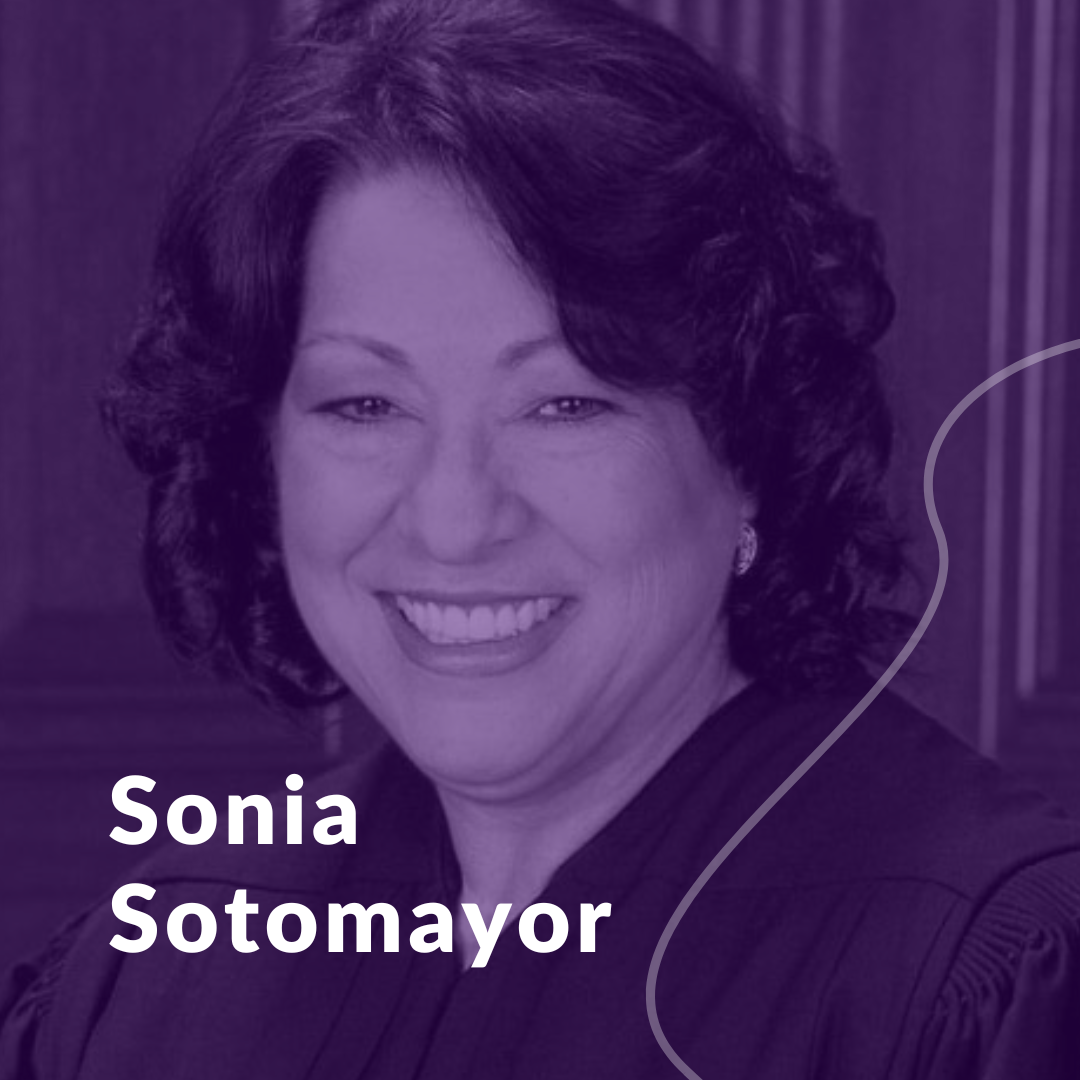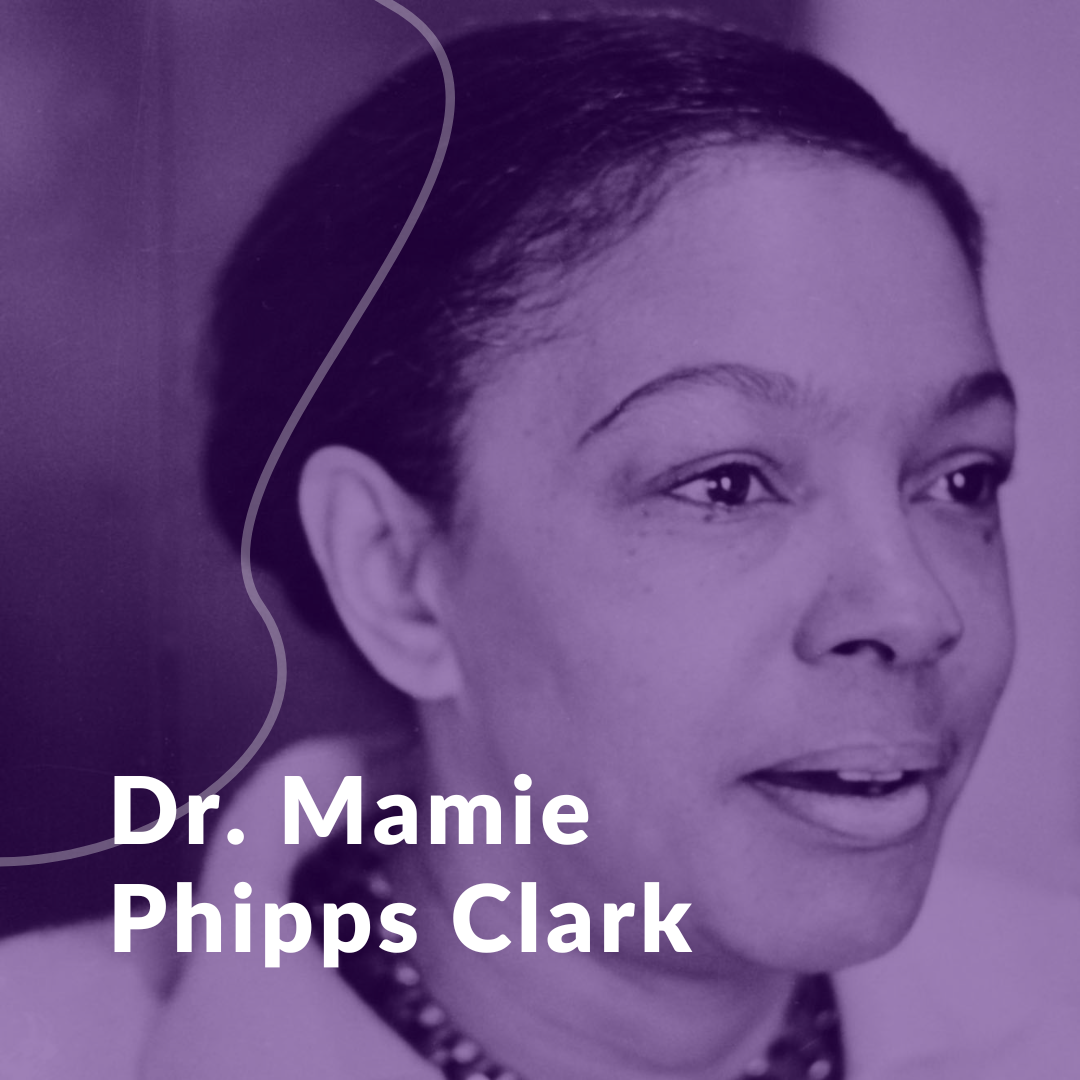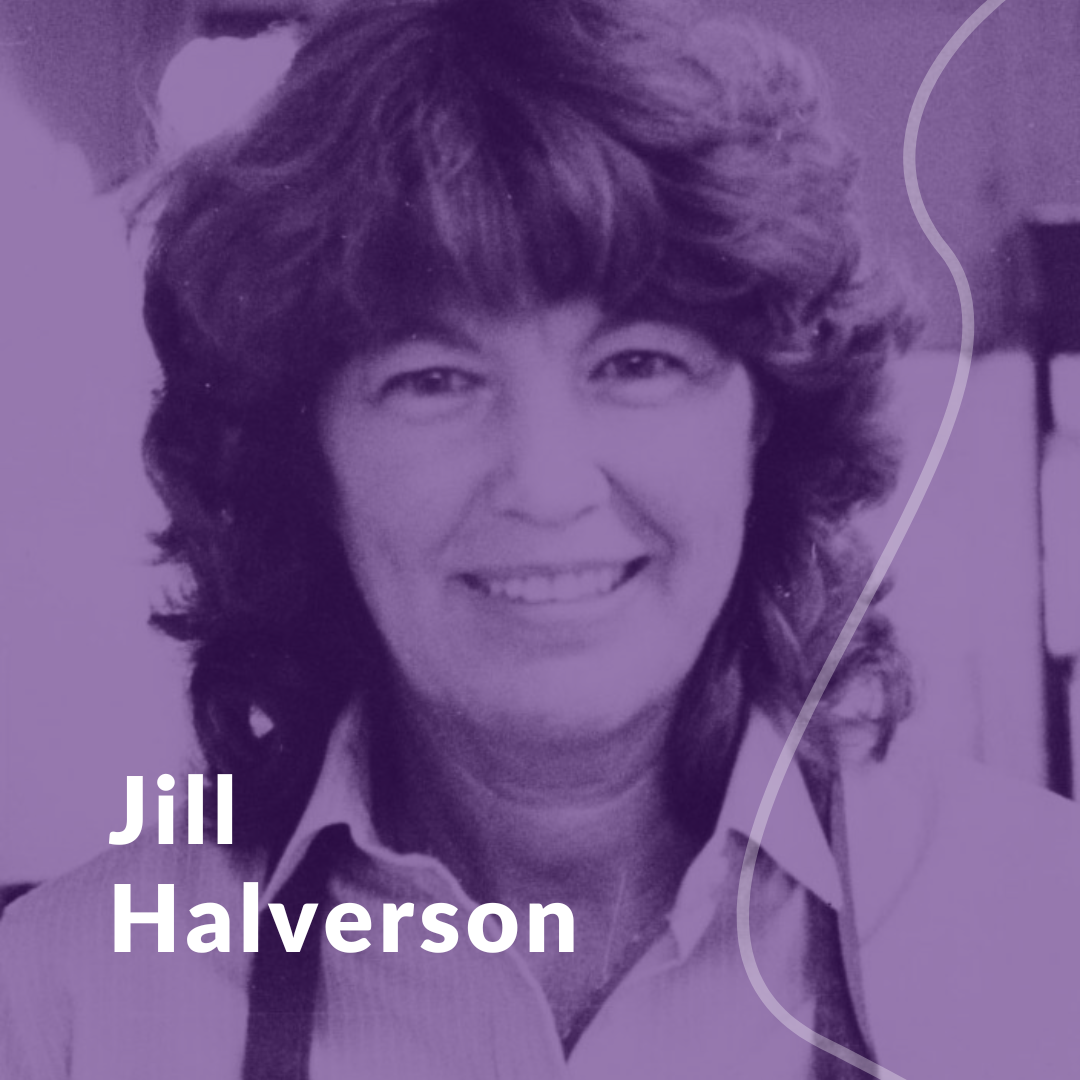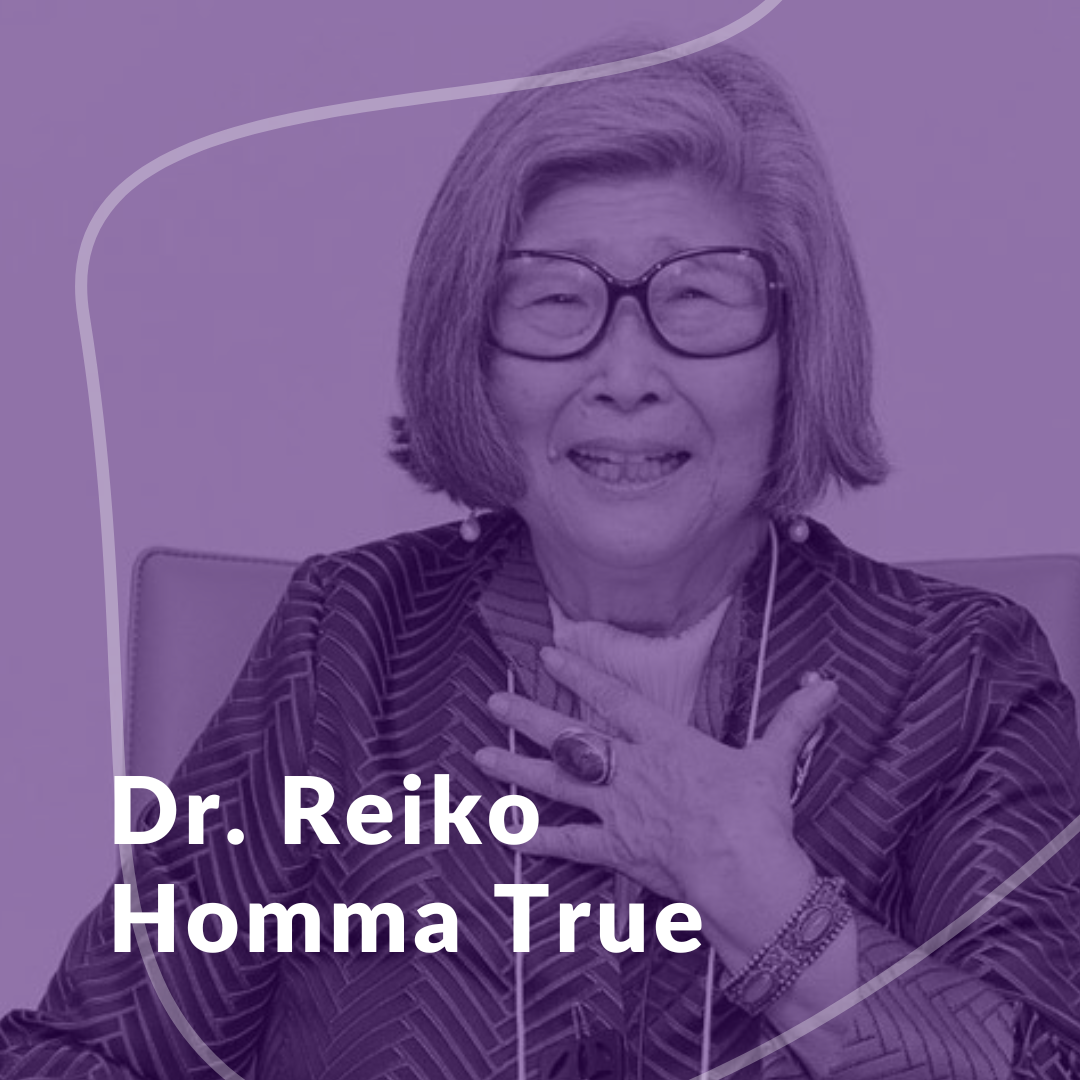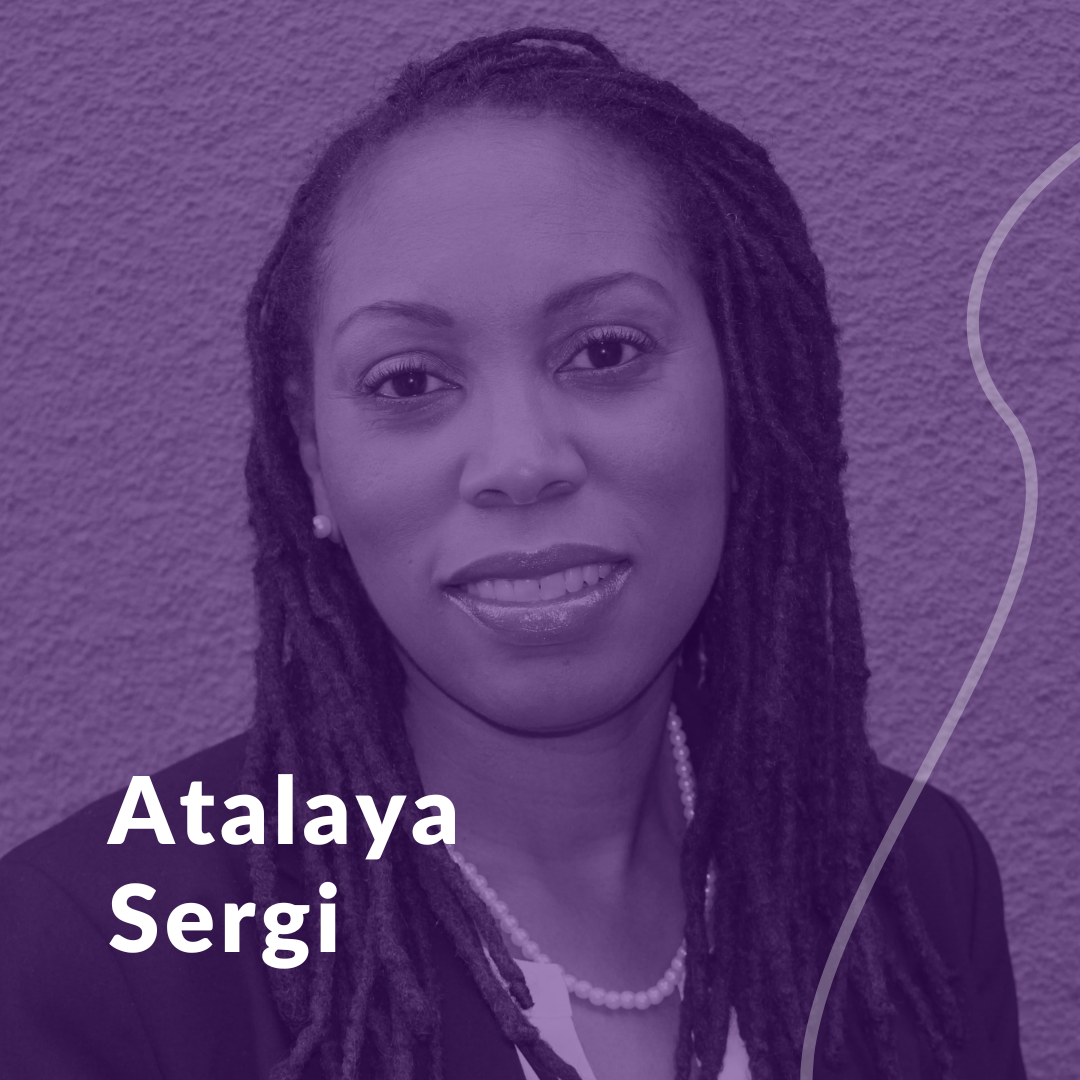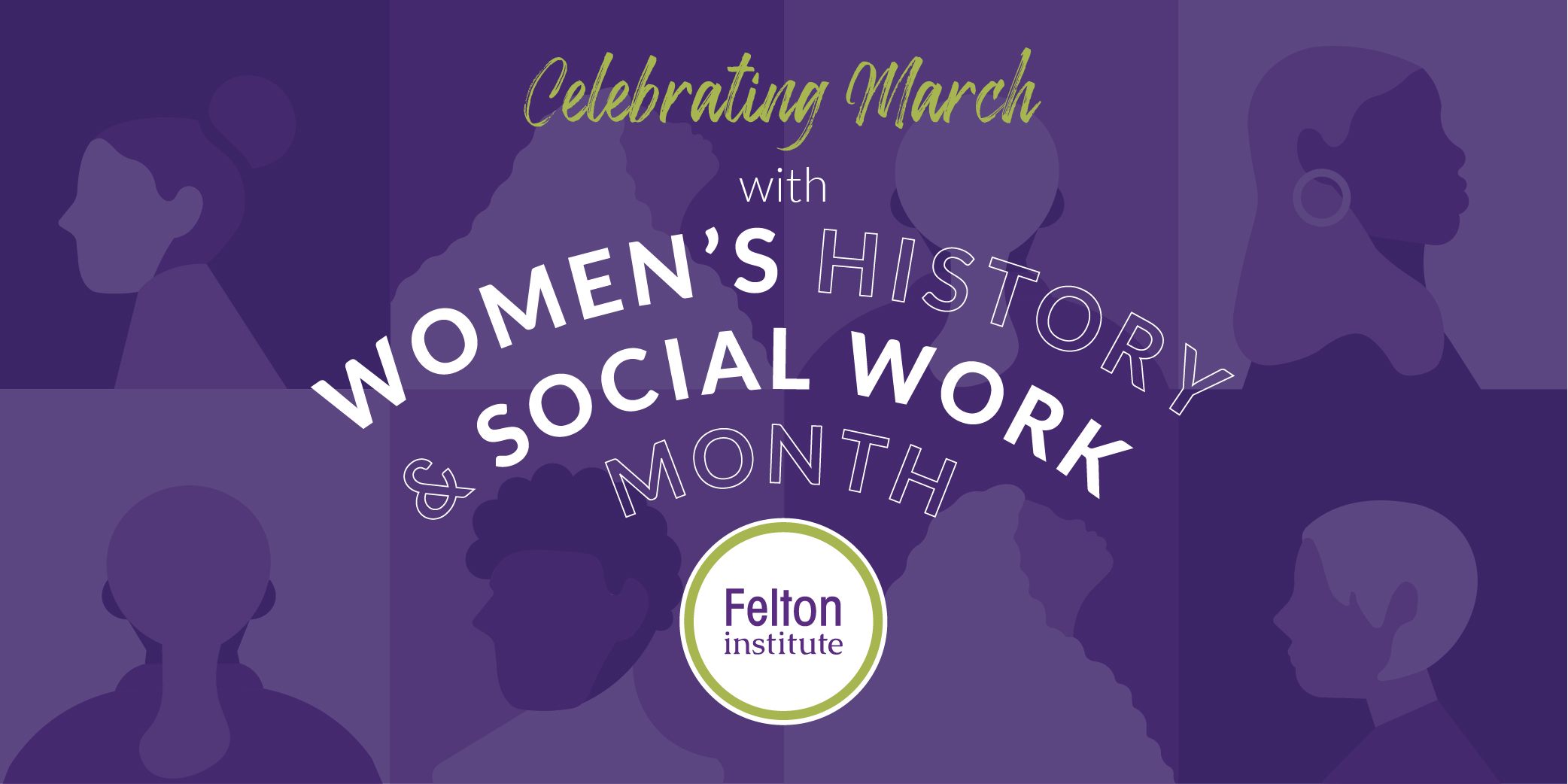
Felton is committed to promoting gender equity that uplifts women and girls at both the staff and client levels of our six divisions that include Justice; Training, Research, and Evaluation; Adult; Early Psychosis; and Children, Youth, Family and Transitional Age Youth. In honor of Women’s History Month and International Women’s Day, we are excited to profile women leaders, past and present, whose foundational work inspire and shape the work we do at Felton Institute. Included below are those who have advanced the rights of underserved populations, provided groundbreaking research on the effects of racism, created safe spaces for the unhoused, and rallied for older adults.
Justice Services
Supreme Court Justice Sonia Sotomayor is a leader in advancing the rights of underserved populations. She broke barriers when she became the first Latina – and third woman – to sit on the Supreme Court in 2009. The child of Puerto Rican immigrant parents, she was raised in housing projects in the Bronx. She went on to become a graduate of Yale Law School, then elected as a federal Judge by H.W. Bush, and ultimately appointed to the Supreme Court by President Obama. Justice Sotomayor has ruled on landmark cases that include upholding the Affordable Care Act, Obergefell v. Hodges, the ruling that legalized same-sex marriage, as well as fighting for affirmative action.
Training, Research and Evaluation (TRE) /
Children, Youth, Families and Transitional Age Youth Services
Dr. Mamie Phipps Clark was a psychologist whose groundbreaking study on the effects of racism on Black children pioneered a new approach in the field of racism and psychology. A Black psychologist practicing in the racially repressive era of 1939, she partnered with her husband Kenneth Clark, to conduct the ‘Dolls Study,’ a series of psychological tests that showed how segregation affected the development of Black children’s consciousness. In the study, children were shown Black and white dolls and asked which they preferred. The children overwhelmingly chose the white dolls. This preference attested to how Black children internalized the inferiority they experienced in the segregated south. Dr. Clark testified 14 years later during the Brown vs. Board of Education hearings, the Supreme Court ruling that judicially supported desegrated public schools. Her work added to the earlier 1934 doctoral dissertation of Dr. Inez Prosser, first African American woman to be awarded a PhD in Psychology, that documented the detrimental psychological impact on Black students attributable to the hostility of teachers and peers in integrated institutions that voluntarily integrated.
Adult Services
Jill Halverson opened the first permanent supportive housing for unhoused women in the US. The Downtown Women’s Center opened its doors in 1978 in Los Angeles, California providing housing, a drop-in center, and a health clinic serving unhoused women. Still operating today, their mission “is to end homelessness for women in greater Los Angeles through housing, wellness, employment and advocacy.” The Center was inspired by a friendship between Halverson, a white, former Peace Corps worker who was providing outreach work, and Rosa, who was unhoused living in LA’s Skid Row at the time. Using her personal resources, Halverson was inspired to create a safe community space to support women like Rosa.
Early Psychosis Services/Felton (re)MIND®
Dr. Reiko Homma True championed culturally sensitive mental health care and served as Deputy Director of San Francisco Community Health Services. Born in Japan in 1933, Dr. True emigrated to San Francisco in the late 1950s. She continued her higher education, ultimately obtaining a doctorate in Psychology. She bridged her personal and professional experiences becoming a founding member of the Asian American Psychological Association in 1972. In addition, Dr. True, an internationally recognized Japanese-American psychologist, advocated and lobbied local government for a culturally sensitive approach to mental health.
Senior Services
Atalaya Sergi is the Director of AmeriCorps Seniors, a program that provides services for older adults, including the Foster Grandparent program that Felton adopted into its programs in the 1960s. Sergi brings over 20 years of experience and a wealth of knowledge to her role in serving underserved older adult populations. She has a background in working at nonprofit organizations and within public systems. Sergi was a founder of Los Angeles Generation to Generation, much like the Foster Grandparent Program, which pairs older adults supporting children.
Felton Institute responds to the needs of our community by providing innovative, evidence-informed social services to transform lives. Our organization offers 50+ programs that address mental health, the unhoused, early care and education, those impacted by the justice system, transitional age youth, as well as aging adults. Our award-winning programs, which have been recognized as national models, combine the latest scientific research with cultural sensitivity and a deep commitment to supporting and reflecting the communities we serve.
Founded in 1889, Felton is the oldest secular non-profit social services provider in the City and County of San Francisco. We have expanded our services across most Bay Area counties and continue to be at the forefront of pioneering new approaches to meet the emerging needs of underserved populations.
We know what it looks like to successfully build community.
We foster impactful change by strengthening the community as a premiere service provider. We also strengthen other service providers by supporting them in their fiscal, human resources, communications, IT and overall agency operations. With Felton’s support, they are able to focus on providing the best services to their clients, doing the work they were meant to do.
Felton empowers the community and ensures successful outcomes to all we engage with.
Felton Institute is a tax-exempt organization registered 501(c)(3) nonprofit under EIN 94-1156530.
